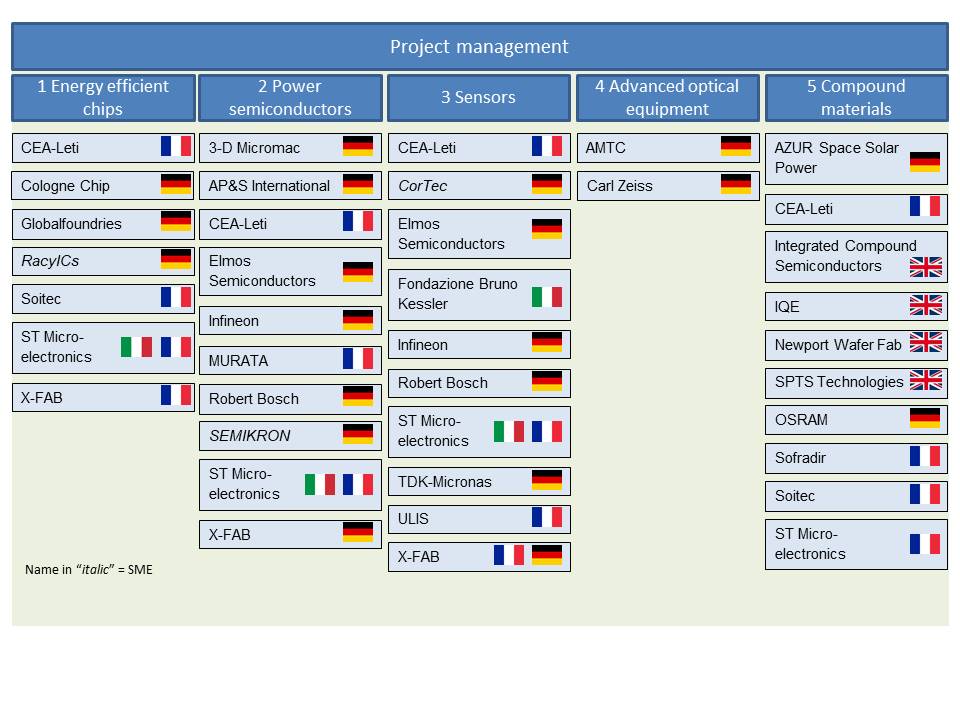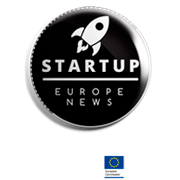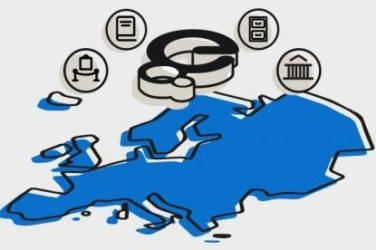The European Commission has found that an integrated project jointly notified by France, Germany, Italy and the UK for research and innovation in microelectronics, a key enabling technology, is in line with EU State aid rules and contributes to a common European interest.
The four Member States will provide in the coming years up to €1.75 billion in funding for this project that aims to unlock an additional €6 billion in private investment. The project should be completed by 2024 (with differing timelines for each sub-project).
Commissioner Margrethe Vestager, in charge of competition policy, said: “Microelectronics can be found in almost all electronic devices we use every day – be it your phone, computer, washing machine, or your car. Innovation in microelectronics can help the whole of Europe leap ahead in innovation. That’s why it makes sense for European governments to come together to support such important projects of common European interest, if the market alone would not take the risk. And it is why we have put special State aid rules in place to smooth the way. They enable risky and groundbreaking research and innovation to see the light of day, whilst ensuring that its benefits are shared widely and do not distort the level playing field in Europe. So that innovation supported by taxpayer money truly serves European citizens.”
Commissioner Mariya Gabriel, in charge of Digital Economy and Society said: “Every connected device, every modern machine, all our digital services depend on microelectronic components that become smaller and faster with time. If we don’t want to depend on others for such essential technology, for example for security or performance reasons, we have to be able to design and produce them ourselves. Today’s decision is a result of enhanced cooperation and shared European vision.”
On 30 November, France, Germany, Italy and the UK jointly notified to the Commission an Important Project of Common European Interest (“IPCEI”) to support research and innovation in microelectronics. Microelectronics are small electronic components usually made of semiconductor materials such as silicon. The basic microelectronic components, commonly known as chips and sensors, can be found in almost all electronic devices.
The integrated research and innovation project will involve 29 direct participants, headquartered both in and outside the EU. They are mostly industrial actors but also two research organisations, carrying out 40 closely interlinked sub-projects.
These direct participants will work in collaboration with a large number of partners, such as other research organisations or small and medium-sized enterprises (SMEs), also beyond the four Member States.
The microelectronics project
The project’s overall objective is to enable research and develop innovative technologies and components (e.g. chips, integrated circuits, and sensors) that can be integrated in a large set of downstream applications. These include consumer devices, for example home appliances and automated vehicles, and commercial and industrial devices, for example the management systems for batteries used for electric mobility and energy storage.
In particular, the project is expected to stimulate additional downstream research and innovations in particular in relation to the broad area of the Internet of Things and to connected or driverless cars.
The project participants and their partners will focus their work on five different technology areas:
(1) Energy efficient chips: developing new solutions to improve the energy efficiency of chips. These will, for example, reduce the overall energy consumption of electronic devices including those installed in cars;
(2) Power semiconductors: developing new technologies of components for smart appliances as well as for electric and hybrid vehicles, to increase the reliability of final semiconductor devices.
(3) Smart sensors: working on the development of new optical, motion or magnetic field sensors with improved performance and enhanced accuracy. Smart sensors will help improve car safety through more reliable and timely reaction to allow a car to change lanes or avoid an obstacle:
(4) Advanced optical equipment: developing more effective technologies for future high-end chips; and
(5) Compound materials: developing new compound materials (instead of silicon) and devices suitable for more advanced chips.
All five technology fields are complementary and interlinked – chips are not typically sold by themselves but are often supplied as part of an integrated system. Such systems require a combination of processes and technologies covered by the different fields of the project. For this reason, the project participants will be involved in over 100 collaborations across the different areas in the 40 closely interlinked sub-projects.
Commission assessment
IPCEI framework
The Commission assessed the proposed project under EU State aid rules and, more specifically, under its 2014 Communication on Important Projects of Common European Interest (IPCEI Communication). Where private initiatives supporting innovation fail to materialise because of the significant risks such projects entail, the IPCEI Communication allows Member States to jointly fill the gap to overcome these market failures and boost the realisation of innovative projects that otherwise would not have taken off.
In order to qualify for support under the IPCEI Communication, a project must: (i) contribute to strategic EU objectives, (ii) involve several Member States, (iii) involve private financing by the beneficiaries, (iv) generate positive spillover effects across the EU that limit potential distortions to competition, and (v) be highly ambitious in terms of research and innovation.
Assessment of the microelectronics IPCEI
Following its assessment of the joint notification by France, Germany, Italy and the UK, the Commission has found that the IPCEI for research and innovation in microelectronics fulfils the conditions set out in its Communication.
In particular, the Commission notes that:
- investment in research and innovation in microelectronics at this scale is a major transnational innovation project. It carries a considerable element of risk, and therefore public support is appropriate and necessary to incentivise companies to carry out these ambitious research, development and innovation activities. Microelectronics are considered by the Commission as a Key Enabling Technology, which are technologies that have applications in multiple industries and will help tackle societal challenges;
- the results of the research project will be disseminated by participating companies benefiting from the public support. In this context, an annual conference on the project will be organised, and interested parties will be informed in a timely manner of the technological innovation and the new knowledge generated in this project via a dedicated website. Furthermore, companies will host a series of technical events on their respective sub-projects; and
- a governance structure composed of representatives from the participating Member States, businesses and the Commission will supervise the project and monitor in particular the progress of the individual participants and their partners as well as the sharing of research innovation results beyond the project participants.
On this basis, the Commission concluded that the IPCEI on microelectronics notified jointly by France, Germany, Italy and the UK is in line with EU State aid rules.
The IPCEI will enable research and development in a key economic sector of strategic importance across a number of Member States and is expected to unlock an additional €6 billion in private investments in the microelectronics sector.
This is the first integrated IPCEI in the field of research, development and innovation approved by the Commission since the adoption of the Communication in 2014.
Funding beneficiaries and amounts
The IPCEI to support research and innovation in microelectronics involves 29 direct participants from the four Member States. The direct participants could receive by the respective national administrations a total of up to approximately €1.75 billion in funding. More specifically, France has sought approval to grant aid provide funding of up to €355 million, Germany up to €820 million, Italy up to €524 million and the UK up to €48 million.
The direct participants, the Member States supporting them and the different project areas are as follows:













Show Comments